
Napping During The Day Seriously Affects Brain Aging

If you’ve ever felt a little guilty for sneaking in a midday nap, science may finally be on your side.
While naps are a daily tradition in many cultures, their long-term impact on brain health has remained unclear—until now. A new genetic study is offering fresh insight into whether catching some Z’s in the afternoon could actually help preserve your brain as you age.
🧬 A Genetic Glimpse Into Naps and Brain Health
In a collaborative study, researchers from University College London, the University of the Republic in Uruguay, and the Broad Institute in Massachusetts explored whether a natural tendency to nap might be linked to brain structure and aging.
Using data from nearly 379,000 participants in the UK Biobank (ages 40 to 69), the research team focused on 92 genetic markers associated with habitual napping. These were then compared to brain scans and cognitive test results to look for patterns.
🧪 The Power of Mendelian Randomization
To cut through the noise of lifestyle differences, the researchers used a method called Mendelian randomization. This technique relies on genetic traits that are fixed from birth, allowing scientists to explore potential causal relationships rather than just correlations.
In other words, instead of asking “Do people who nap have healthier brains?” the researchers asked, “Do people genetically inclined to nap actually show measurable differences in brain health?”
🧠 What They Found
The results were subtle—but significant:
-
🧠 People genetically predisposed to nap had slightly larger total brain volumes.
-
📏 On average, their brains were about 15.8 cubic centimeters larger—roughly equivalent to 2.5 to 6.5 years’ worth of aging delay.
-
⏱ There was no meaningful link between napping and memory performance, reaction time, or hippocampal volume (the brain region linked to memory).
So, while napping didn’t appear to improve mental quickness or memory in this study, the preservation of brain volume is still a meaningful marker—especially considering that brain shrinkage is a hallmark of cognitive aging.
🌍 Naps Around the World (And Why They Matter)
Napping isn’t a new idea. In fact, it’s a deeply embedded tradition in many cultures:
-
Spain and Latin America: Siesta culture encourages midday rest, often after lunch.
-
Asia: Short naps during work breaks are common, even normalized in some offices.
-
Mediterranean regions: Afternoon downtime is built into daily rhythms, especially in warmer climates.
Previous research has shown that short naps can improve mood, alertness, and memory in the short term. But until now, questions remained about whether naps could offer long-term protection for the brain.
⚖️ What Makes This Study Different
This study stands out because it isolates genetic tendency from lifestyle. That means the results aren't just showing that people who nap live differently—it’s looking at how the natural inclination to nap might be tied to biological brain benefits.
However, there are some limitations worth noting:
-
🛏 The study focused on genetic predisposition, not how often or how long people actually napped.
-
📝 Napping habits were self-reported as "never," "sometimes," or "usually"—a bit subjective.
-
👥 The participant pool lacked ethnic diversity, meaning the findings may not apply equally across all populations.
🤔 Why Might Napping Help Your Brain?
While this particular study didn’t explore the why, other research suggests several possible mechanisms:
-
🧼 Slow-wave sleep during naps may help the brain clear waste products, like amyloid beta, which is linked to Alzheimer’s.
-
🧠 Naps could allow for mini neural repair sessions, giving the brain a chance to recover and reset.
-
😌 Short naps are known to help with emotional regulation, memory consolidation, and stress relief—all factors that support cognitive health over time.
☀️ So... Should You Nap?
That depends. A nap isn’t a replacement for a good night’s sleep. But if you’re well-rested and still feel that mid-afternoon dip in energy, a short nap (20–30 minutes) could be beneficial.
🕒 Optimal nap length:
-
10–20 minutes for a quick refresh
-
Avoid long naps (>60 minutes), which can lead to grogginess or disrupt nighttime sleep
And now, thanks to this study, there’s a good chance your nap might be helping preserve your brain’s structure, too.
✅ Final Thought: Nap Guilt, Begone
No, napping won’t make you a genius or completely reverse aging. But the latest research suggests it might offer a small but meaningful buffer against brain shrinkage as you age.
So the next time you close your eyes for a quick snooze after lunch, don’t feel guilty. You might just be giving your brain the breather it needs to stay sharper for longer.
Just don’t overdo it—and save the marathon naps for the weekend.
News in the same category

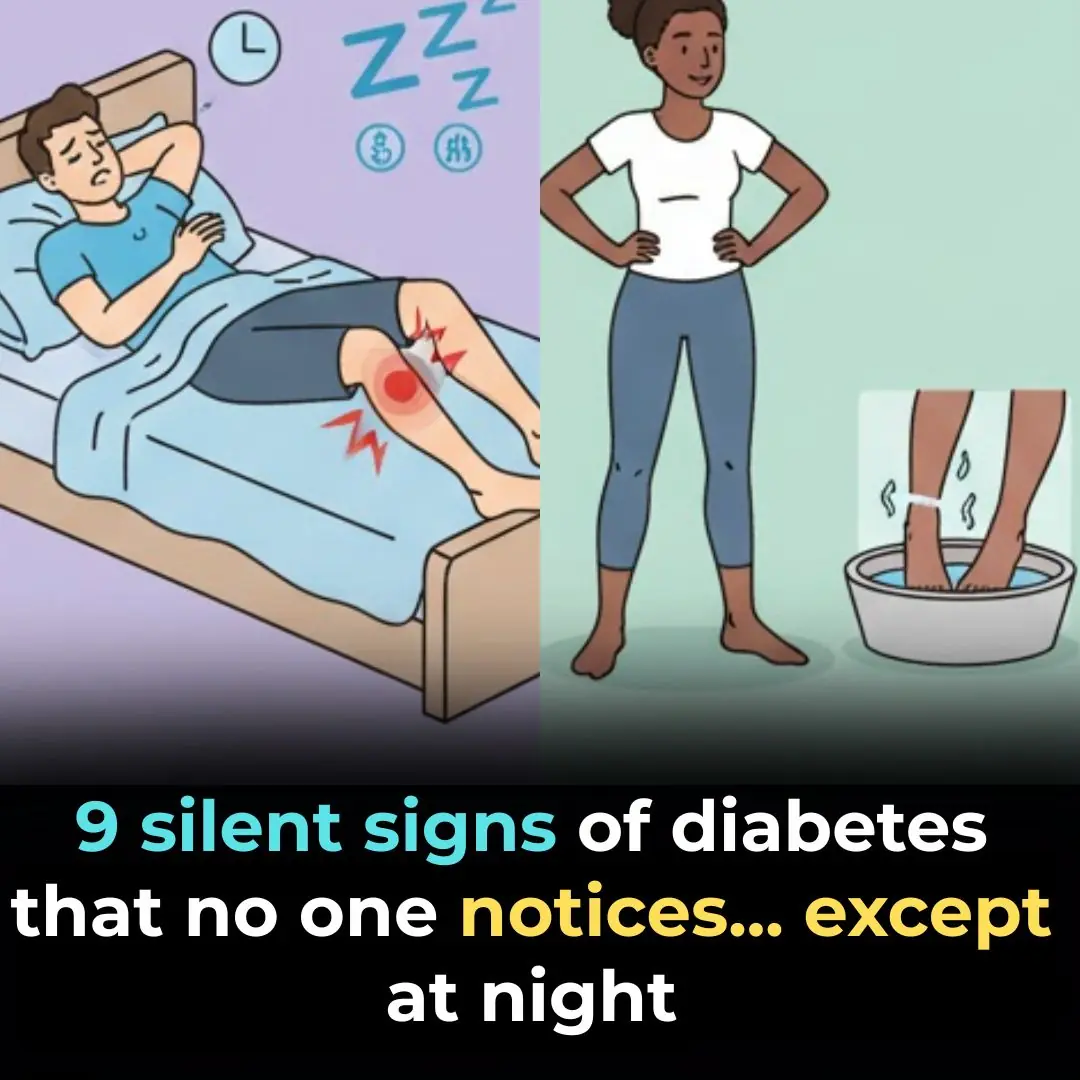
9 Signs of Diabetes That Appear at Night: What You Need to Know!
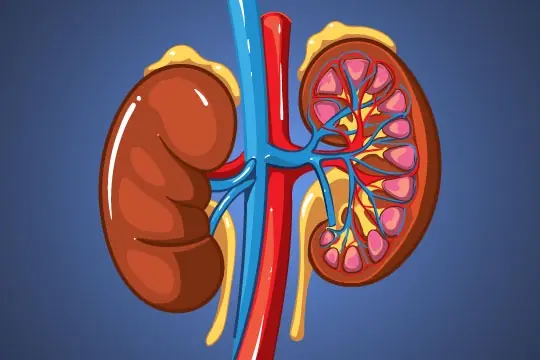
Healing Kidneys Naturally with Herbal Leaves: Supportive Strategies
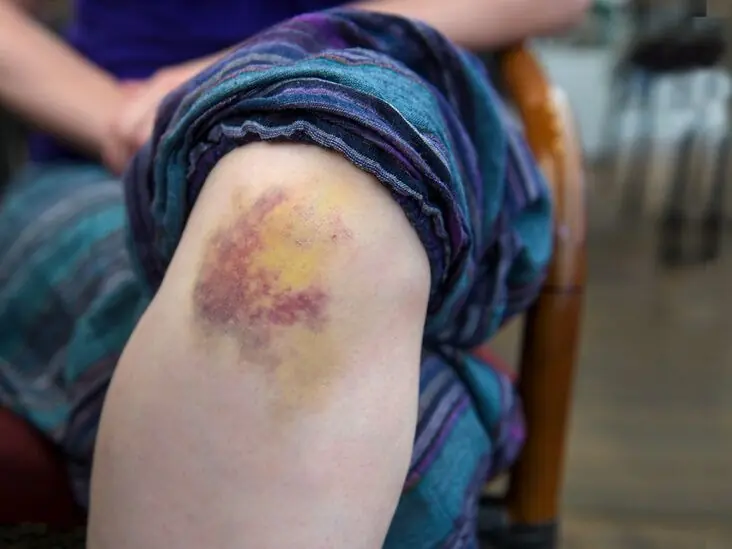
If Bruises Keep Showing Up Out Of Nowhere This Is What It Means for Your Health

8 EARLY WARNING SIGNS OF OVARIAN CANCER WOMEN SHOULD NEVER IGNORE THESE
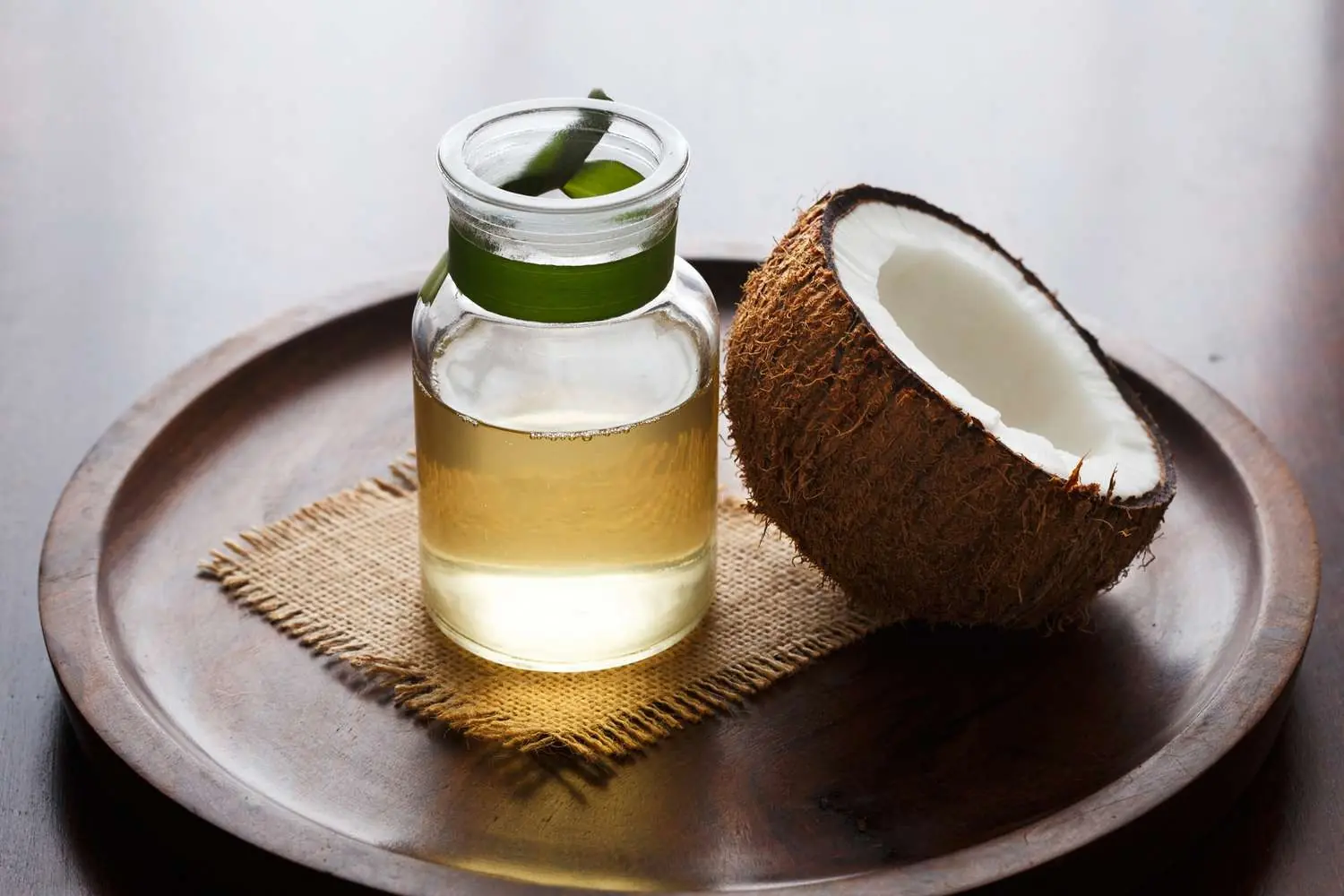
6 Ways Coconut Oil Can Benefit Those With Thyroid Problems
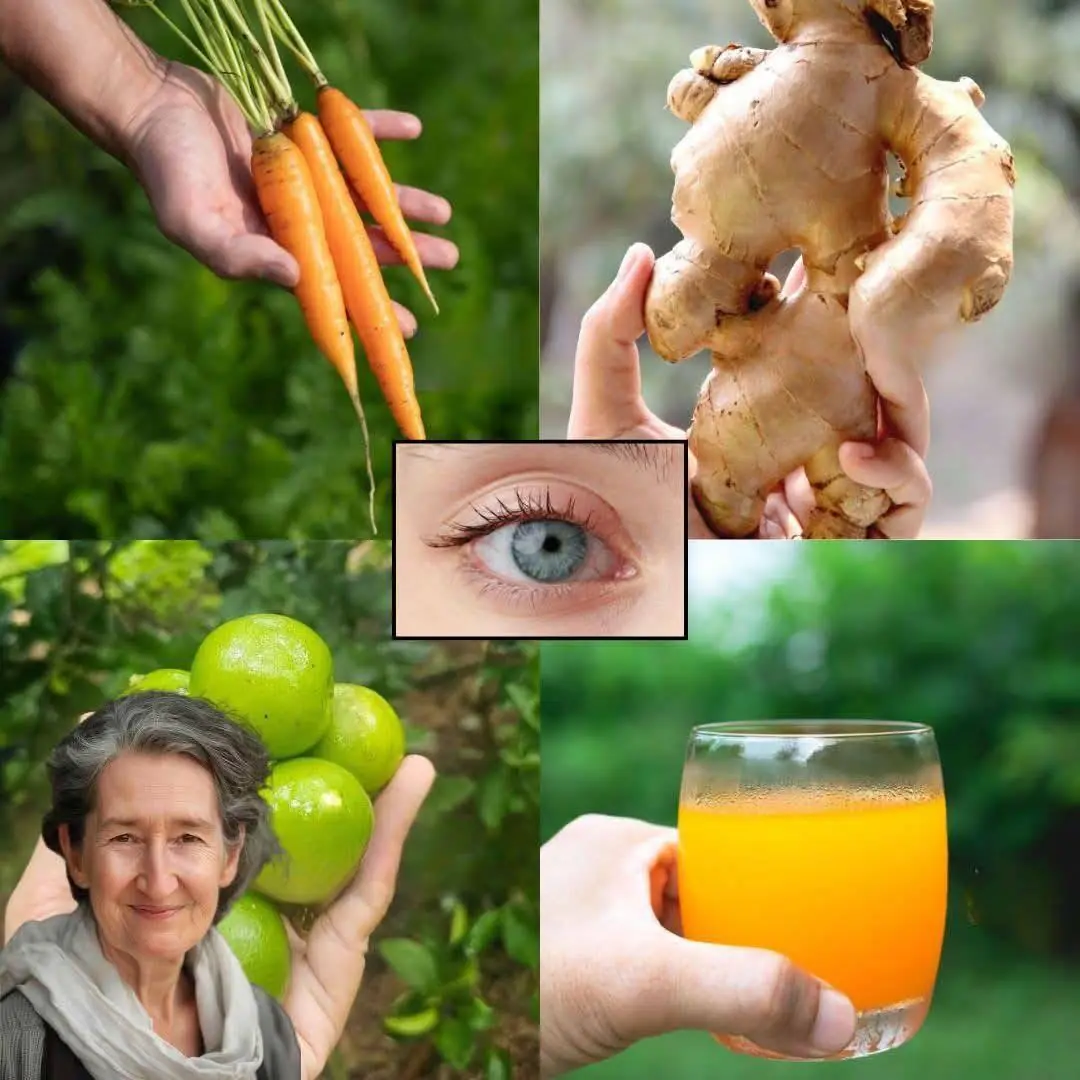
Top 5 Drinks To Improve Vision Naturally (Science-Backed)

12 Surprising Skin Changes That May Signal Diabetes (A Must-Know Guide)

The Top Essential Oils to Relieve Pain and Inflammation (Research Based)
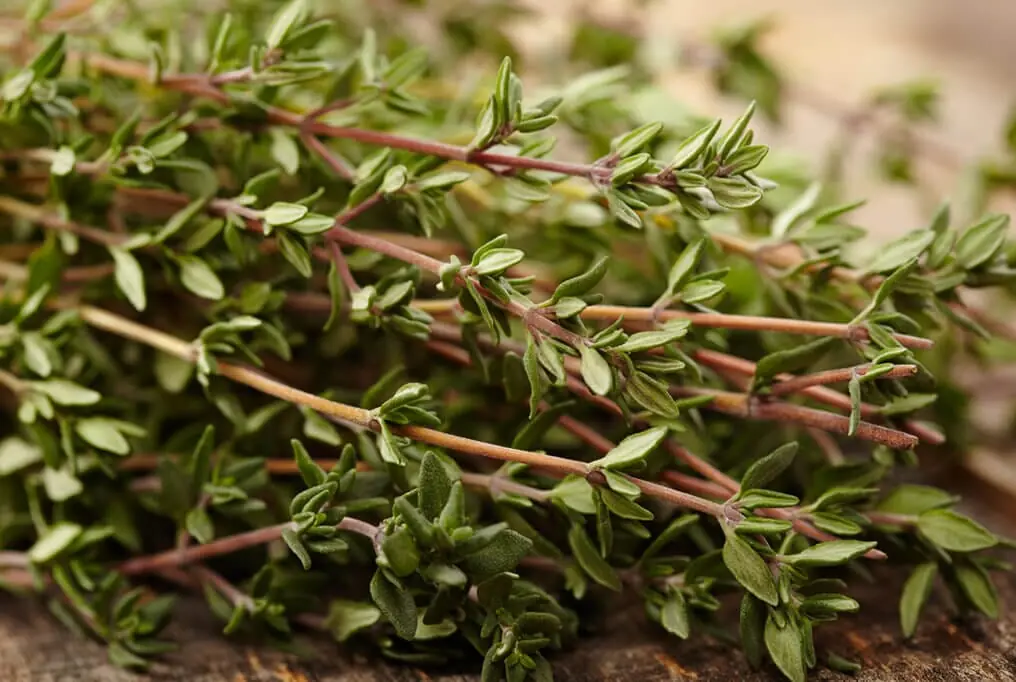
Science-Backed Benefits of Thyme: From Blood Pressure to Bronchitis Relief

5 Common Mistakes When Drinking Water That Can Affect Your Health

14 SYMPTOMS you should pay attention to
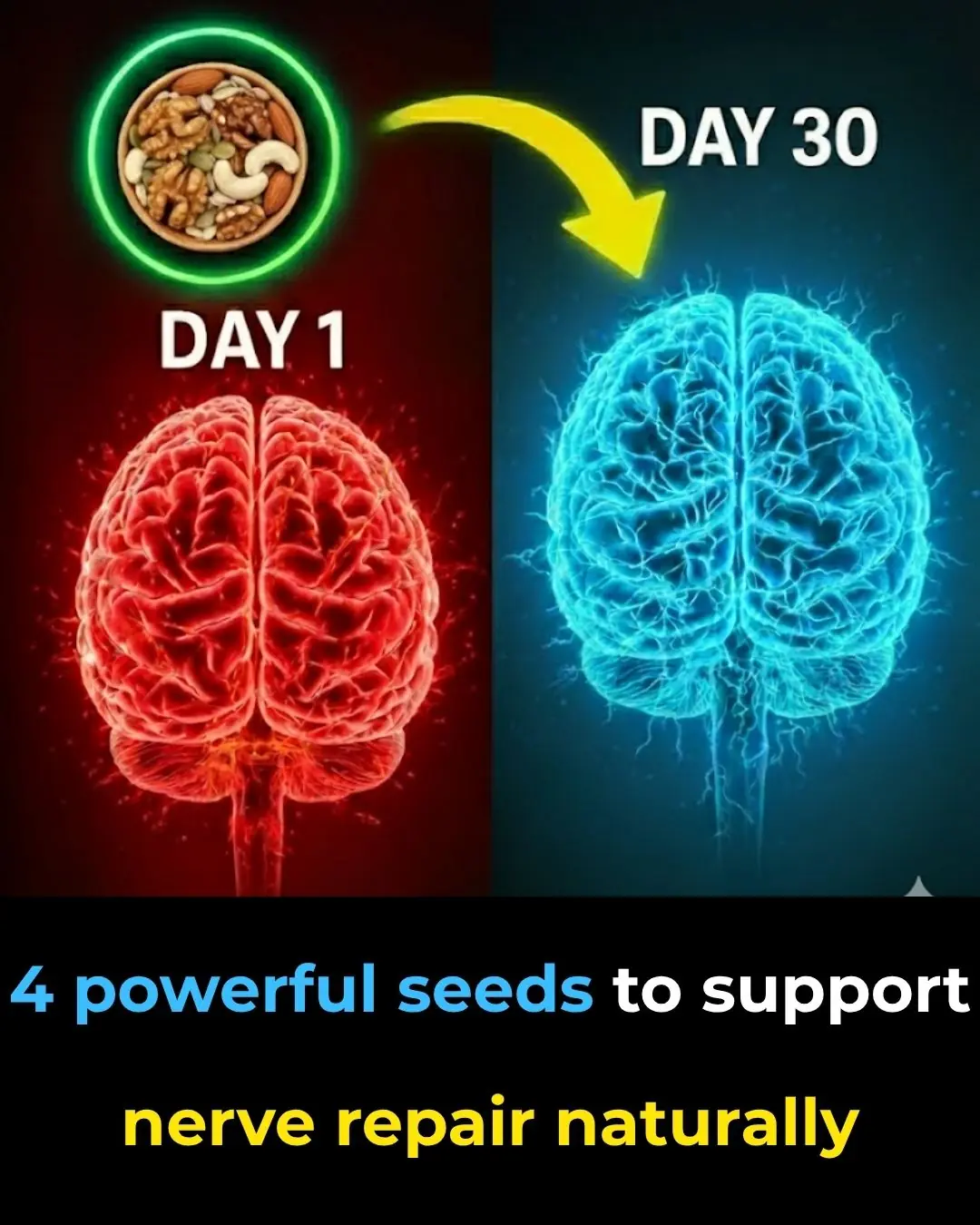
The surprising power of 4 seeds to repair your nerves naturally
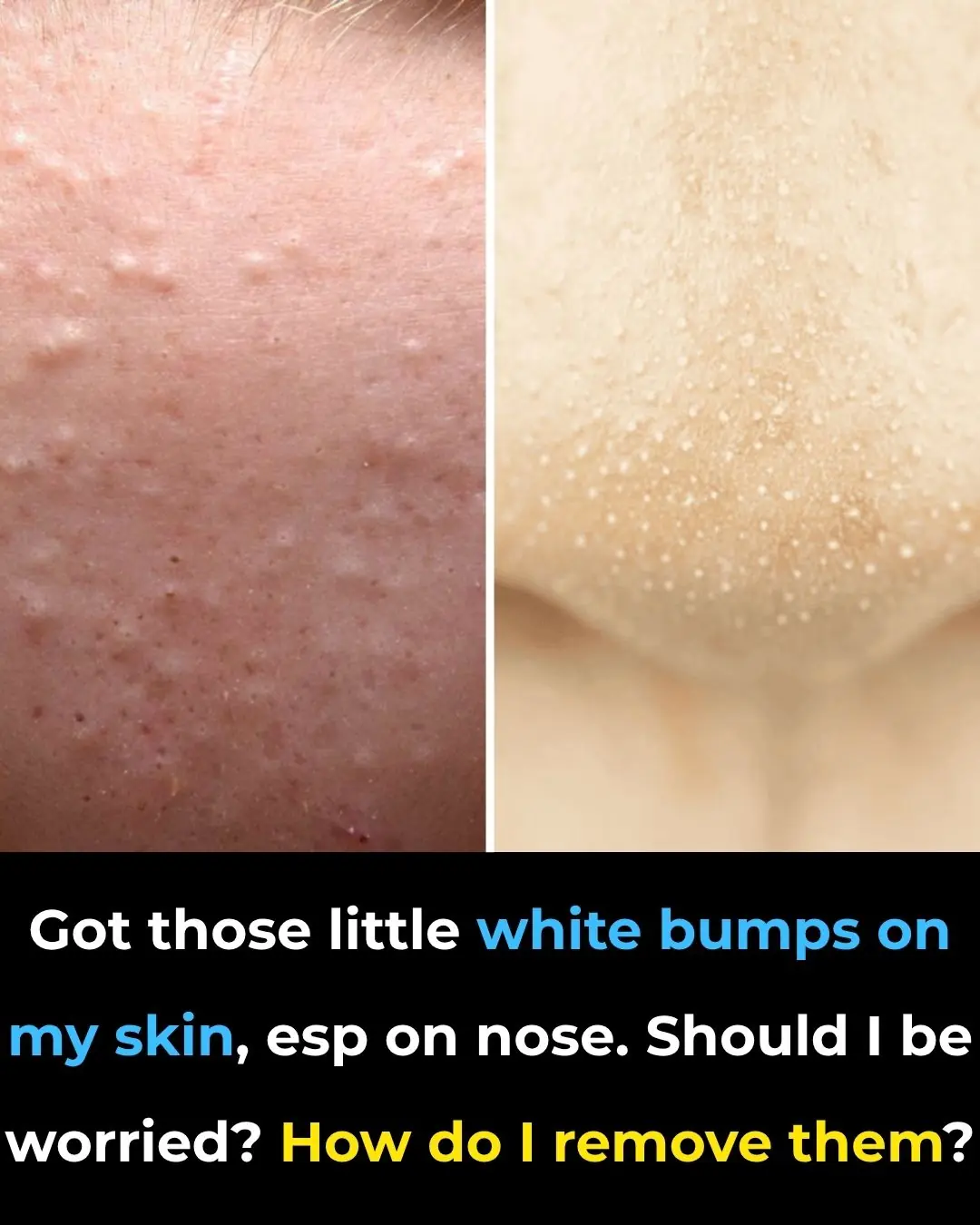
White Bumps on Your Face Don’t Try to Remove Them
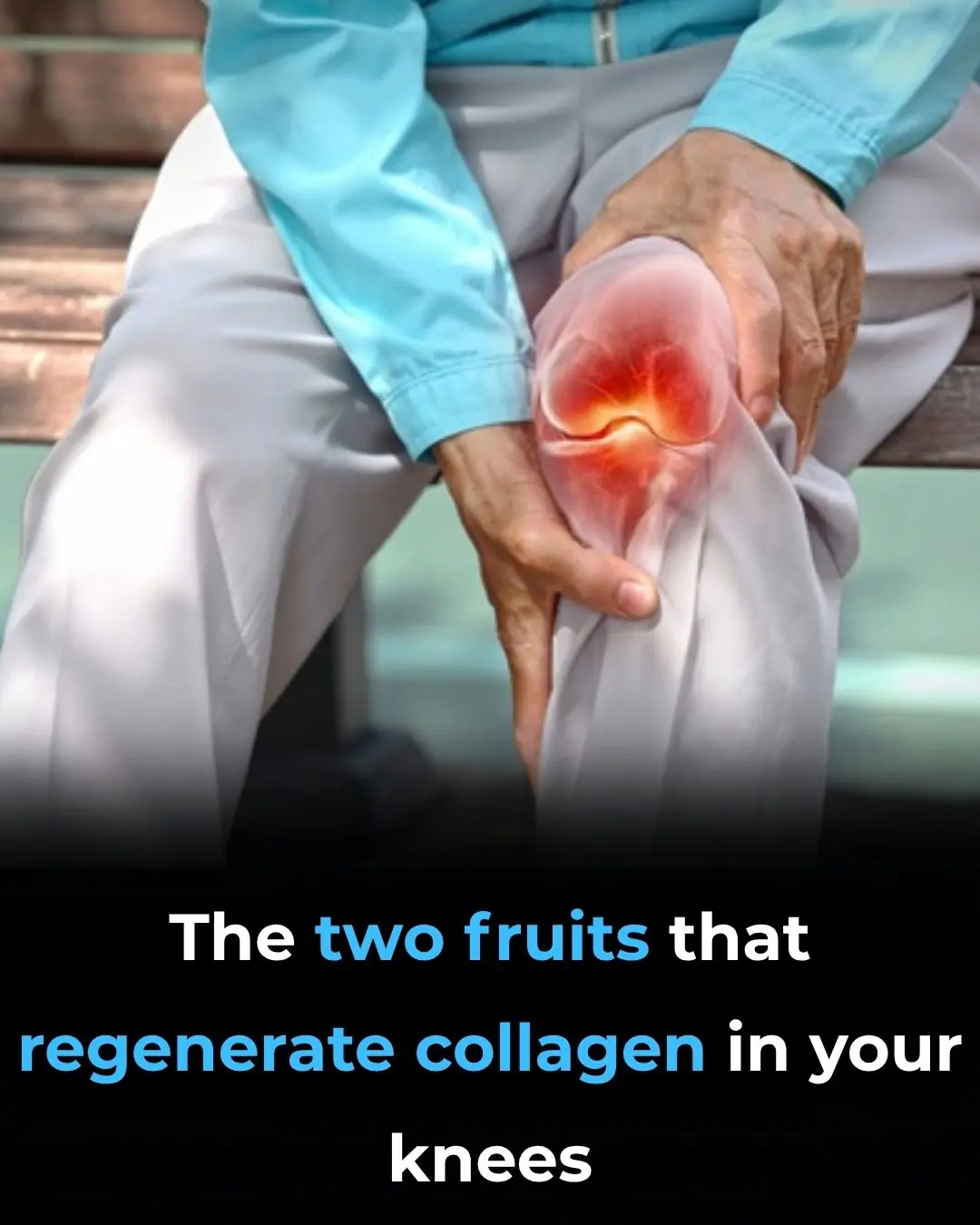
Support Joint Health Naturally
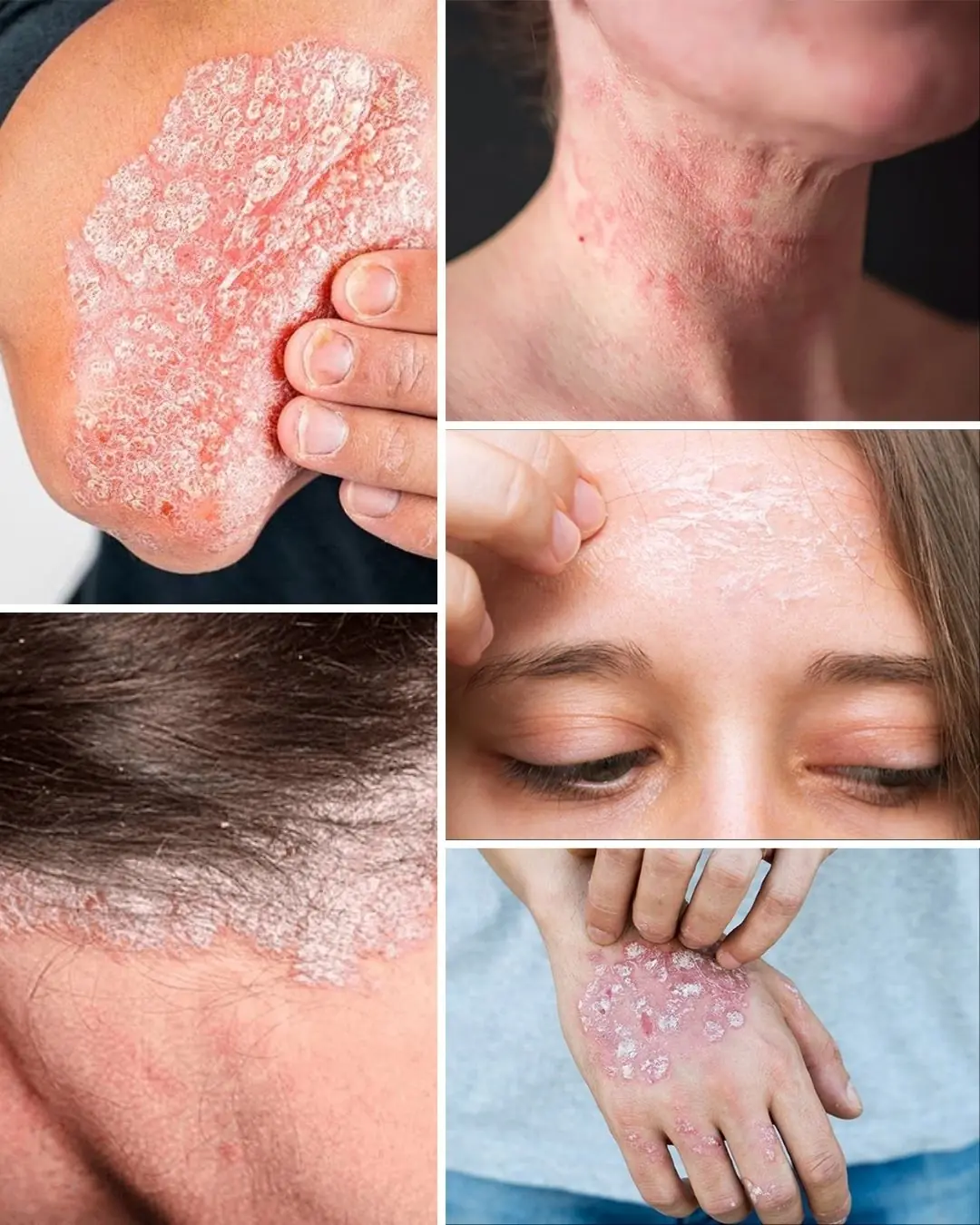
Signs you should know if you have this thing called…

Just One Spoon and You’ll Rush to the Bathroom to Flush Out All the Poop Stuck Inside You

After many years, doctors realized that cancer patients always have 6 things in common in the morning: Thinking back, it was so true

36-year-old teacher died of diabetes despite not liking sweets, doctor said it was due to 4 dishes she loved
News Post

Prince Harry Had Two Close Encounters with Known Stalker During Recent U.K. Visit

A simple tip on how to grow ginger using cement bags, never had such a good yield of ginger
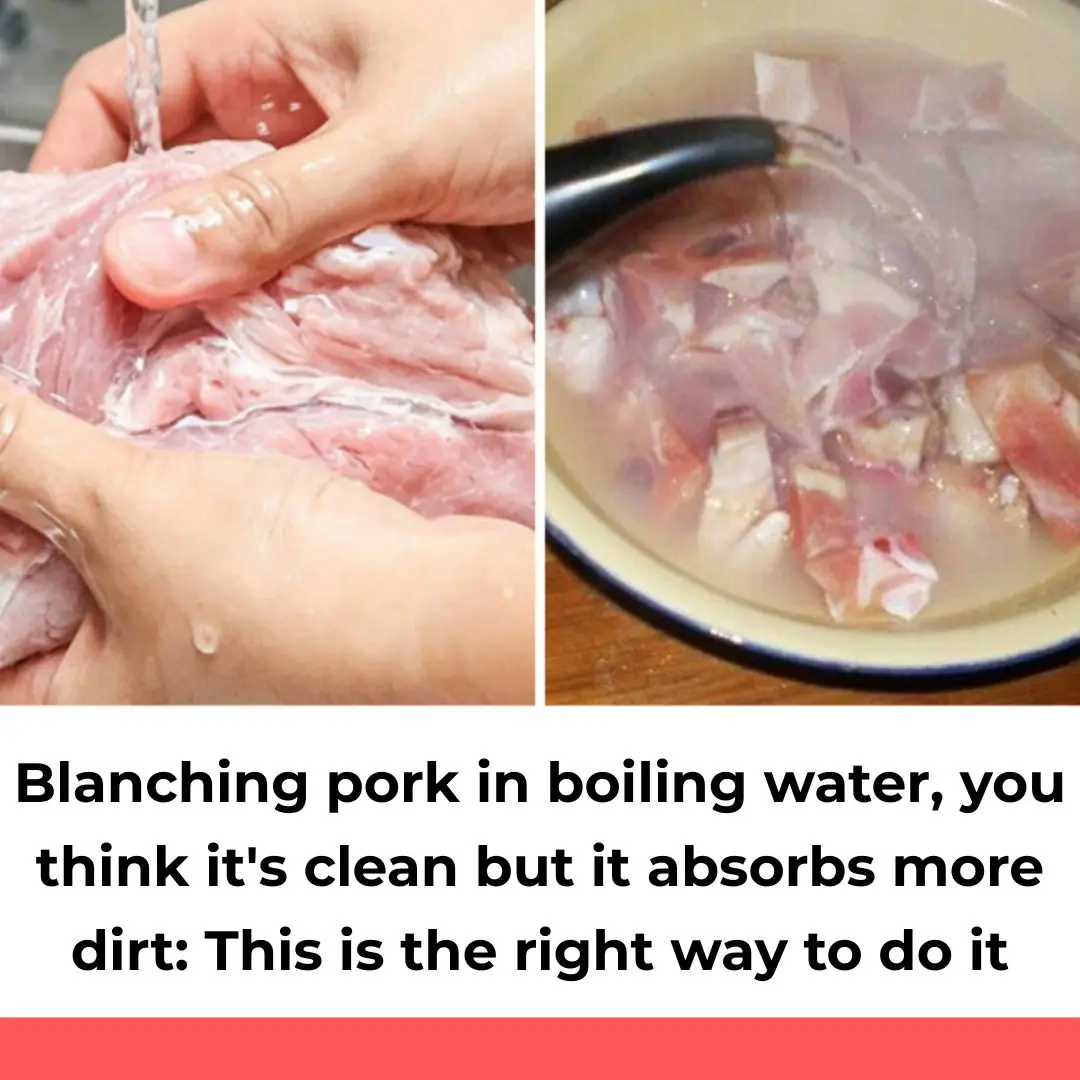
Blanching pork in boiling water, you think it's clean but it absorbs more dirt: This is the right way to do it

Married at First Sight UK fans crown 'best match' after two weeks

Selena Gomez’s kidney donor, Francia Raisa, addresses wedding snub and feud rumors

David Ortiz sparks awkward moment on Fox postgame show: ‘Sounds like Hitler’
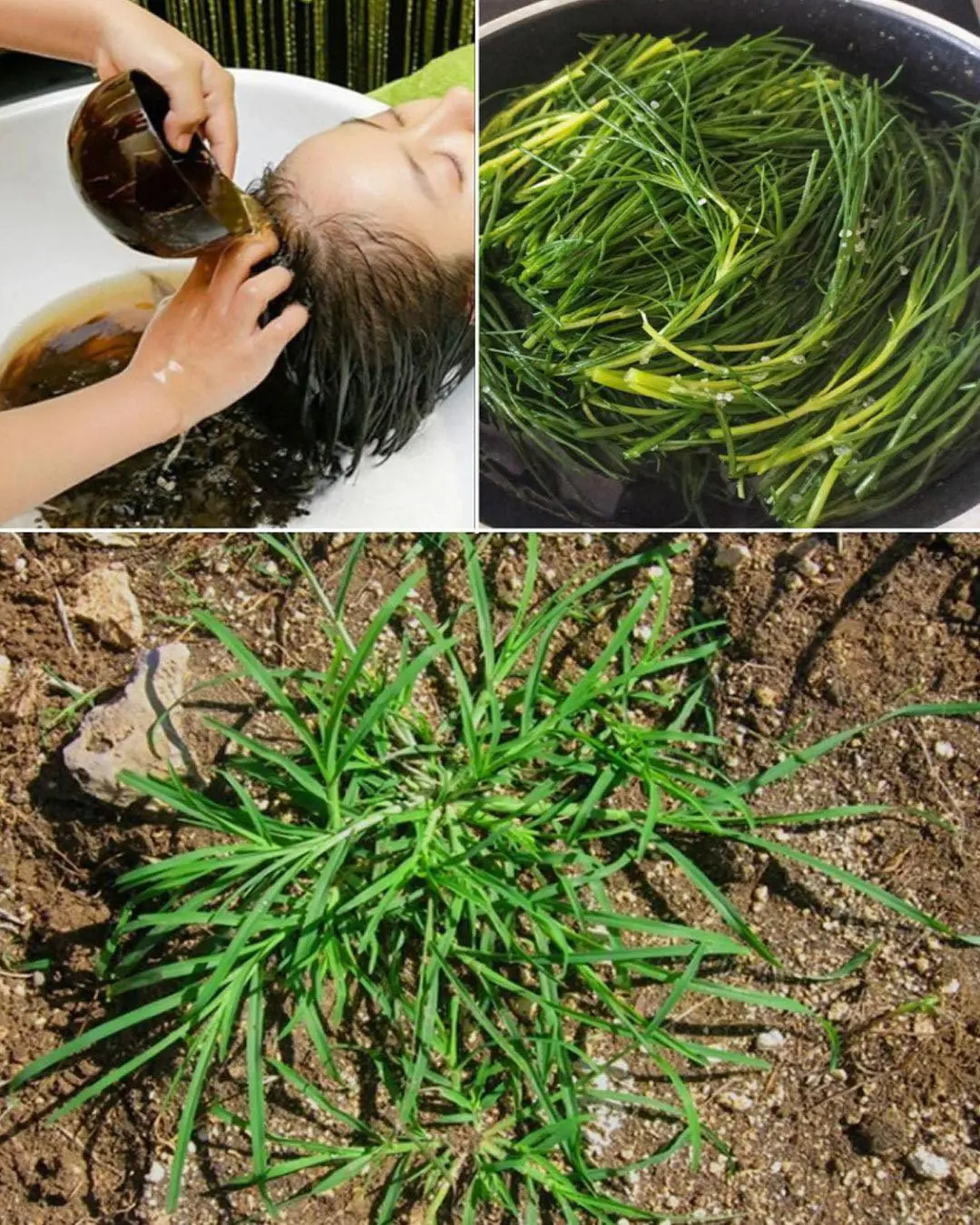
Crabgrass for Hair Loss: Natural Remedies and Uses
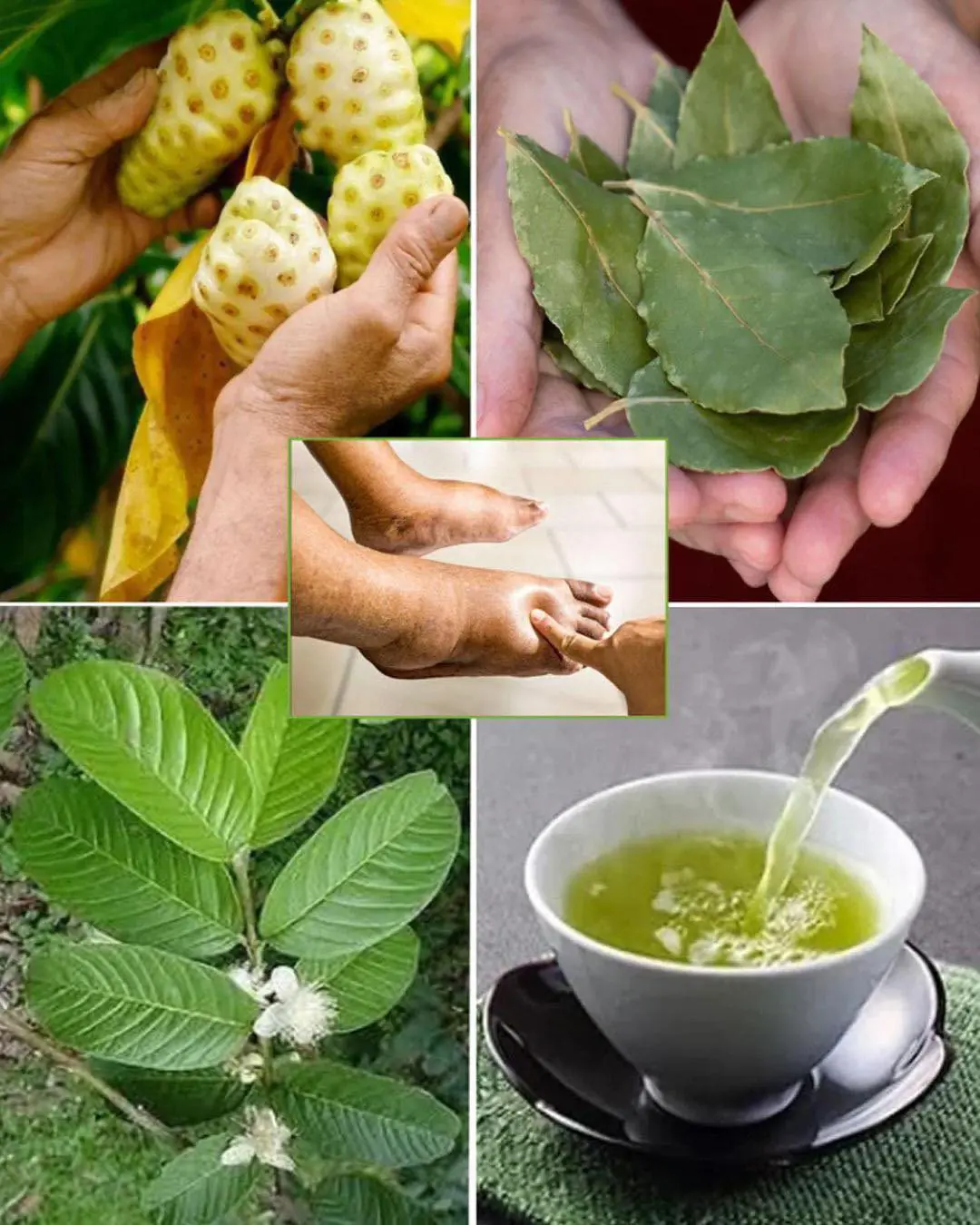
The Ultimate Healing Tonic: A Powerful Drink to Combat Swollen Feet, Diabetes and Poor Circulation
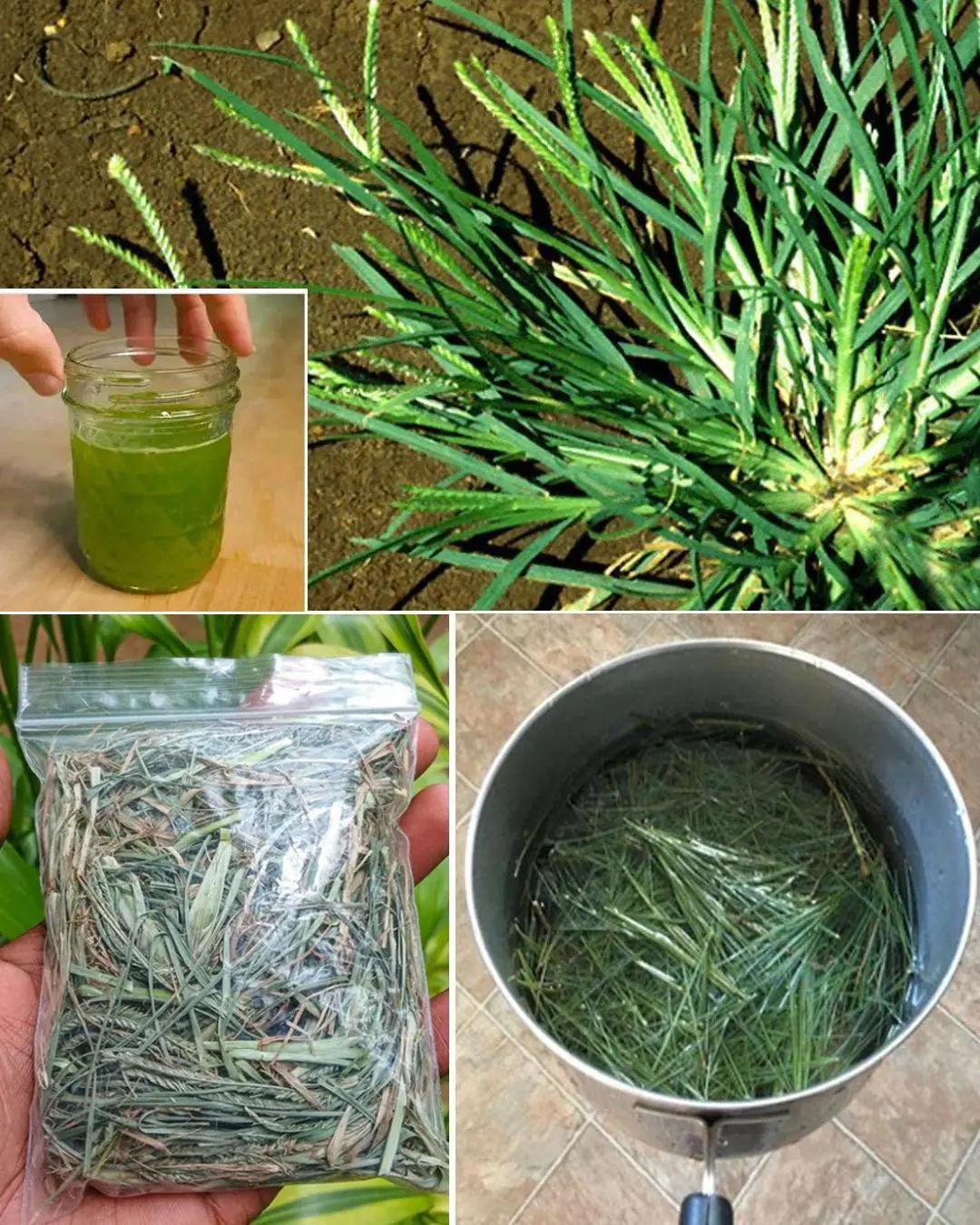
Goosegrass: Health Benefits and Uses

How to grow ginger at home to have an endless supply (and make it flower)
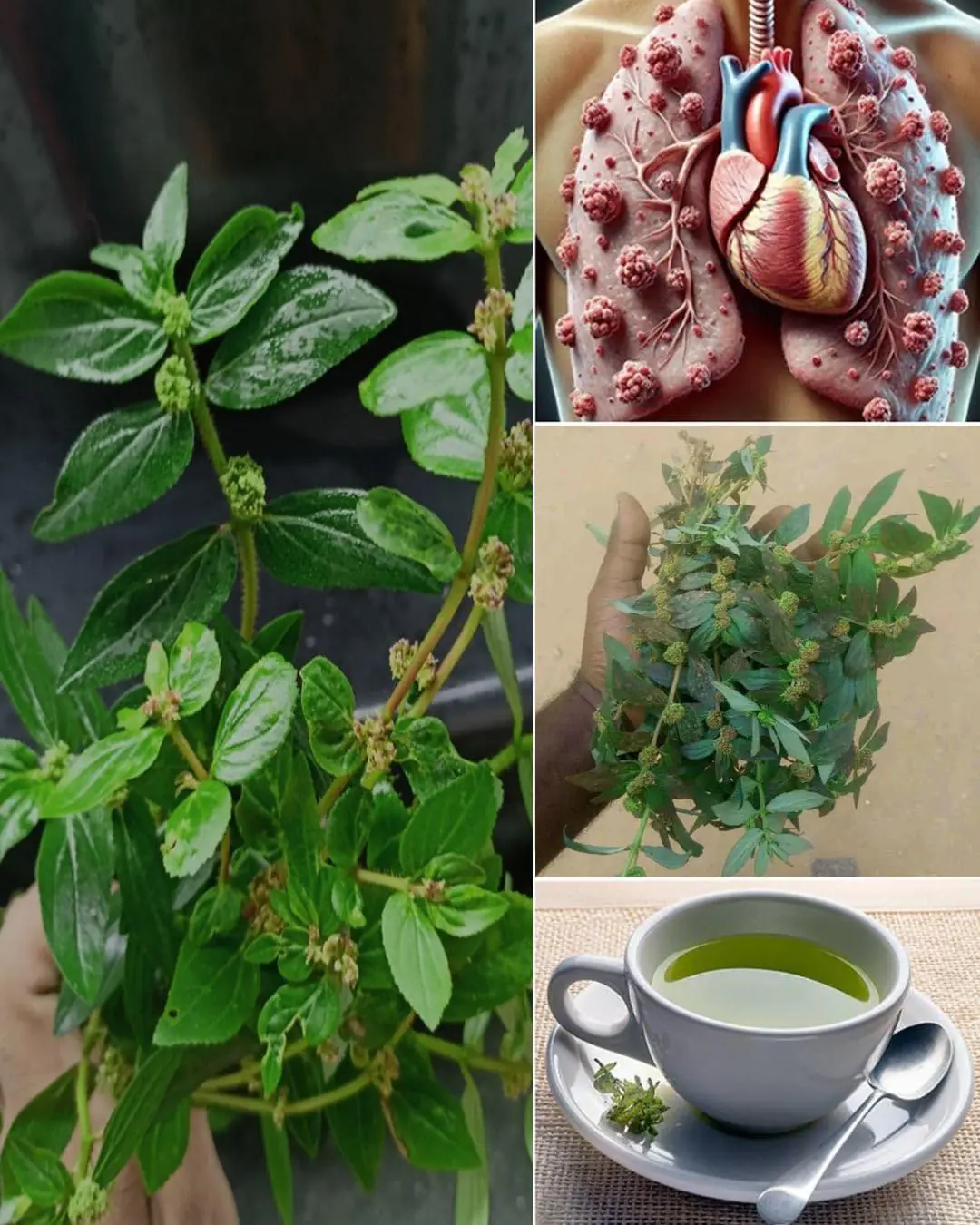
Asthma Plant Tea – Benefits and Uses of Euphorbia hirta
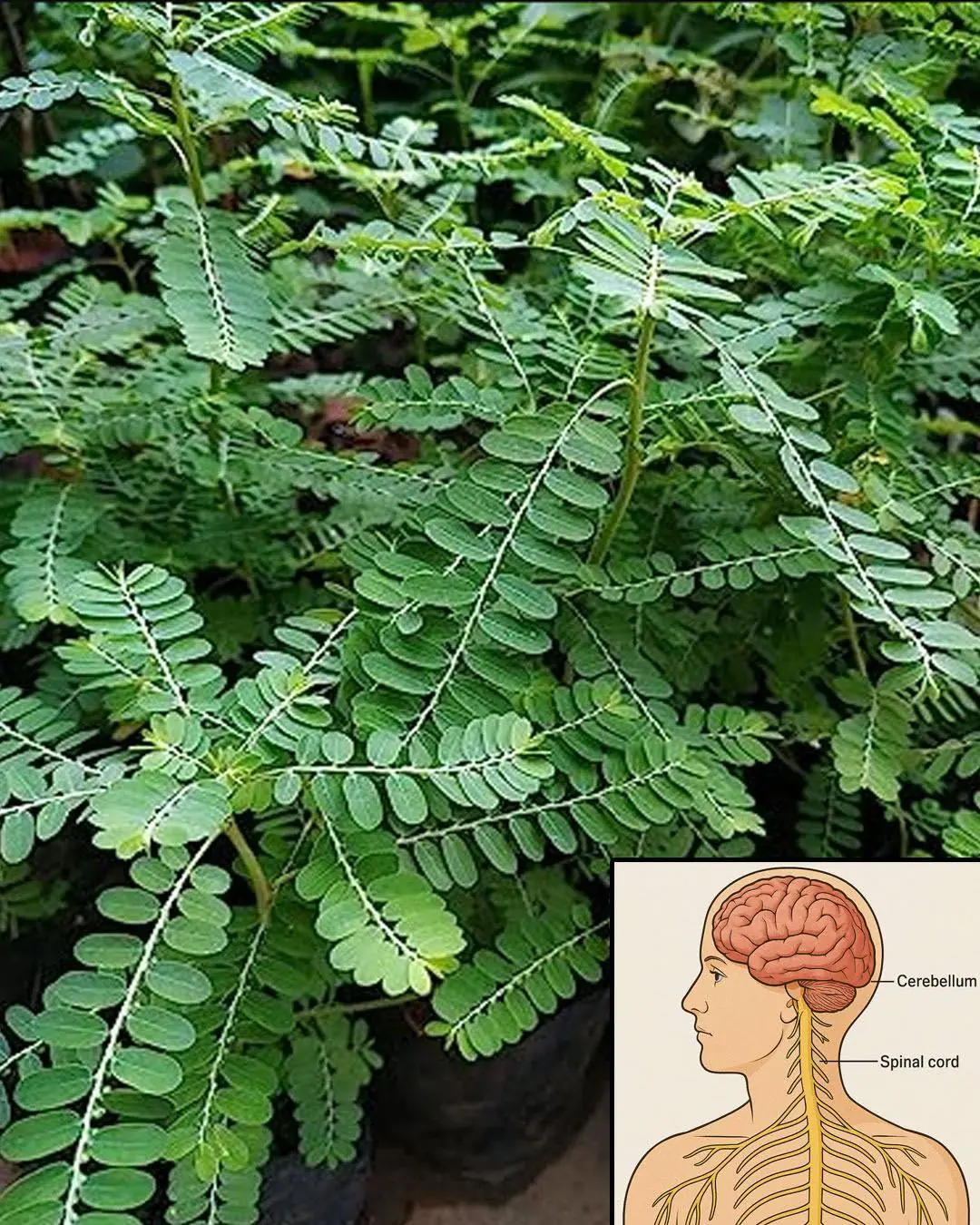
Chanca Piedra (Stonebreaker): Benefits and Uses

7 benefits and uses of Plantago Major
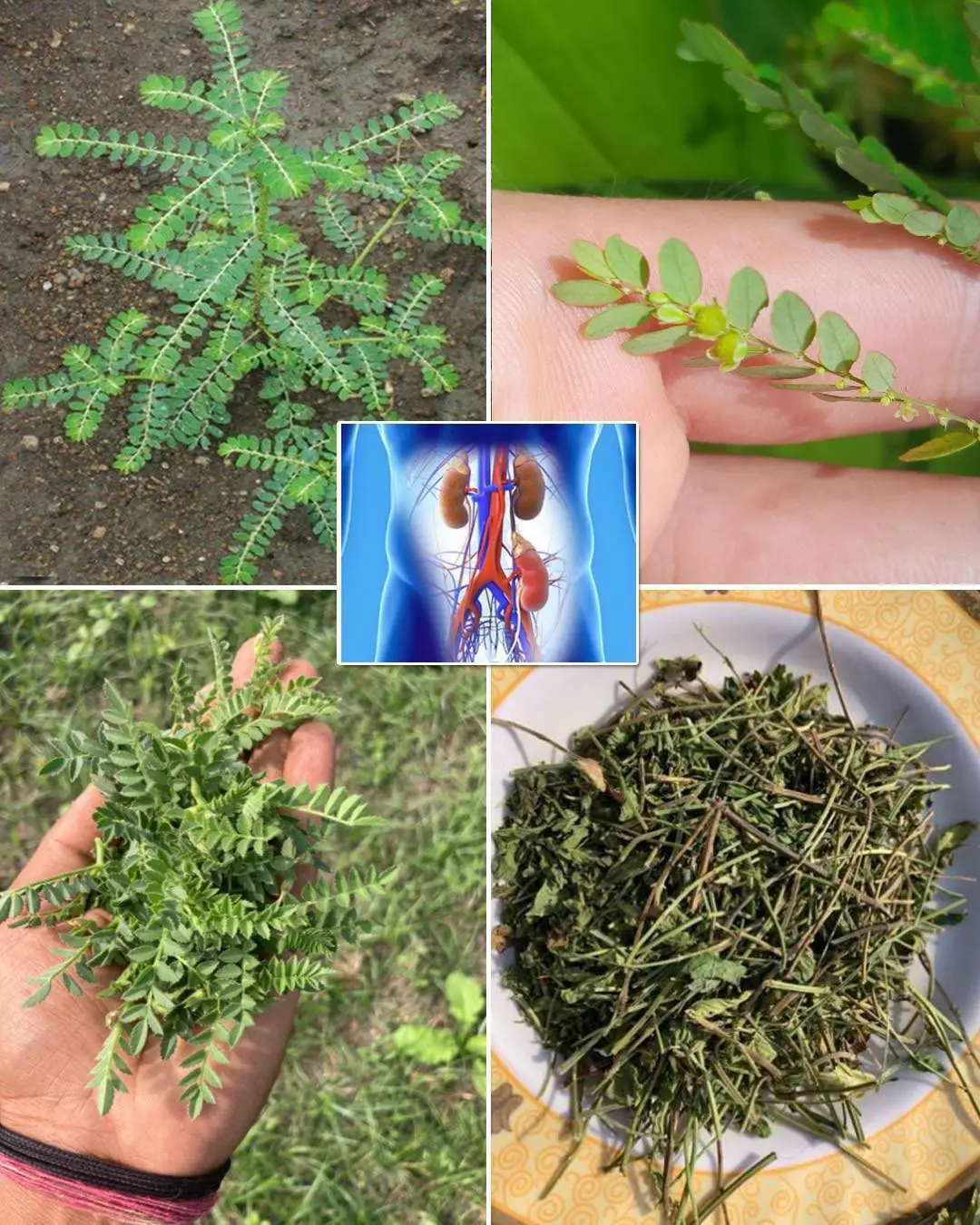
Chanca Piedra (Stonebreaker): Benefits and Uses

A Call for Help at 2 AM: How One Officer Changed a Boy’s Life with Compassion

Ten Minutes From Tragedy—A Dog’s Warning Changed Everything!

Teen Builds $500 Dialysis Machine That Works Faster Than Hospital Models
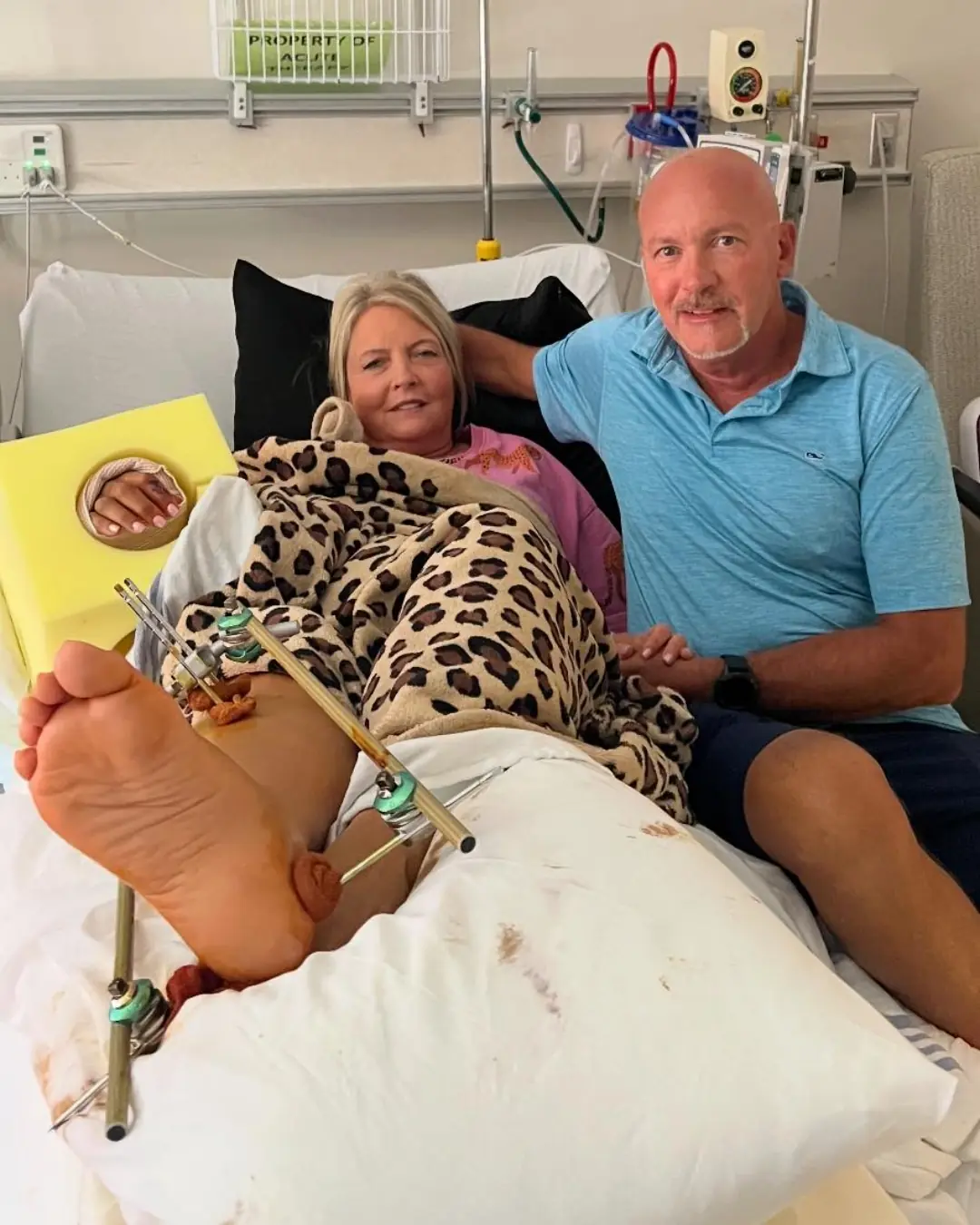
A Split-Second Decision: Mother’s Quick Thinking Saves a Child

A Letter from My Doggy Heart
